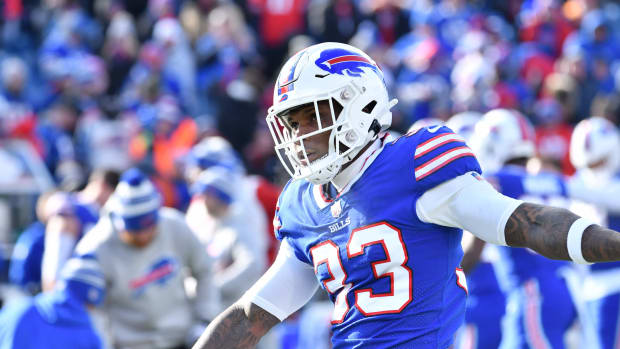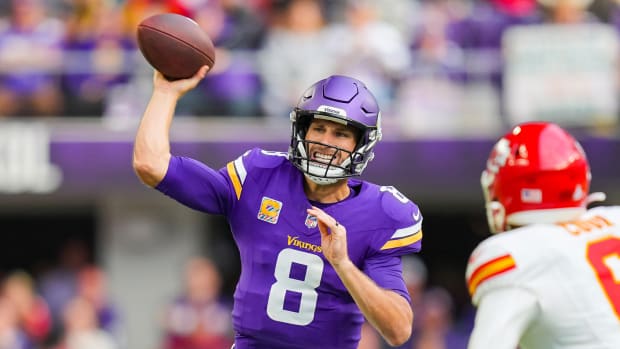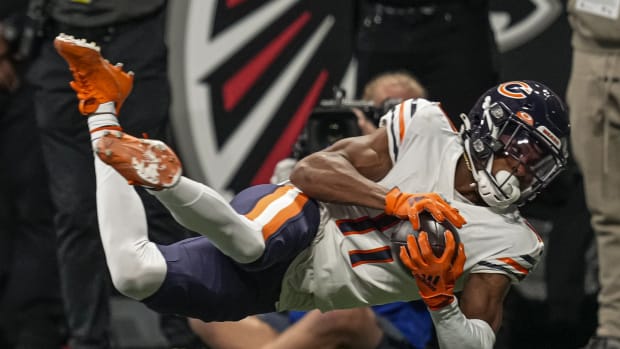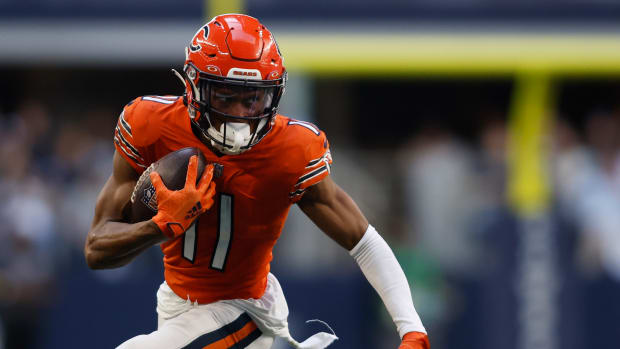In midst of crisis, Atlanta Falcons safety Ricardo Allen remembers lessons from Selma march
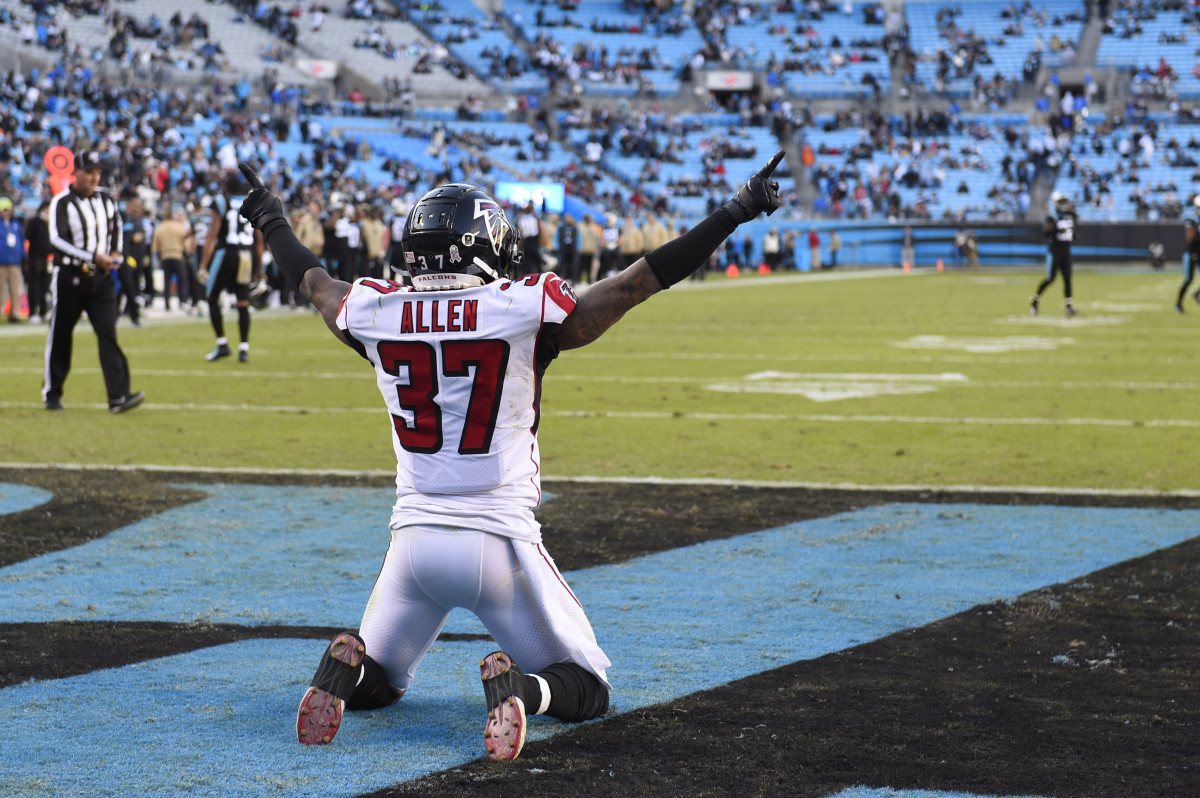
NFL fans, especially in the digital age of YouTube, will rewatch their favorite plays over and over again, instilling those replays as moments of happiness in their hearts. For Atlanta Falcons safety Ricardo Allen, one replay is all too familiar, and it doesn't ring in any sort of pleasure.
"I don't see it as happening to just one person. I keep seeing it as a replay of what has happened hundreds of times," Allen said to ESPN. "...But over and over, when you keep seeing this kind of thing happen to black men, it makes you pretty mad."
Allen shared that reaction, which was in response to watching the video of black man George Floyd dying in the hands of white police officers in Minneapolis, with ESPN Staff Writer Vaughn McClure. Like so many black Americans, Floyd's death has been a "tipping point" for Allen, but it also gave him a chance to reflect back on a personal journey he took two years ago. He shared that reflection with McClure, who wrote about it in a wonderful piece published on Saturday.
The Falcons safety, along with Atlanta defensive tackle Grady Jarrett, took a trip across the Edmund Pettus Bridge in Selma, Alabama on the 53rd anniversary of what is called "Bloody Sunday" in 2018. Fellow NFL players Adrian Clayborn, Benjamin Watson, Matthew Slater and Takeo Spikes joined the Falcons defenders on the journey.
McClure described the "Bloody Sunday" event in his column:
On March 7, 1965, a group of around 600 protesters, led by civil rights activist and current U.S. Rep. John Lewis, attempted to walk from Selma to Alabama's capital, Montgomery, in a peaceful demonstration for black voting rights. The group was confronted at the bridge by state troopers, who charged with billy clubs, tear gas and whips. Lewis suffered a skull fracture, 17 others were reportedly hospitalized and more than 50 suffered lesser injuries. Television cameras captured the violence, which caused a national outcry.
The events of "Bloody Sunday" inspired two subsequent marches from Selma to Montgomery, led by civil rights icon Martin Luther King Jr. Only the third march was completed without interference. The events were instrumental in the eventual passage of the Voting Rights Act, signed into law by President Lyndon B. Johnson, prohibiting state and local governments to deny citizens equal rights to vote based on race.
The journey gave Allen a fresh perspective on the history of race in the United States and provided him with a tremendous amount of pride for what the protesters accomplished for him and future generations. "That's something I want to be able to pass down to the next generation," Allen said according to ESPN.
Not every American has the opportunity to take a trip such as the one Allen and his fellow NFL players did, but one way through the social turmoil the United States finds itself in at the moment is reflecting back on these moments as Allen did with ESPN. America can't decide where it wants to go and what kind of country it wants to be until it fully understands where we've already been. And maybe the country has accomplished a lot in terms of equality since 1965, but there's plenty of more work to do.
It starts with beginning the conversation. Allen and McClure did that for Falcons and NFL fans on ESPN this weekend.

